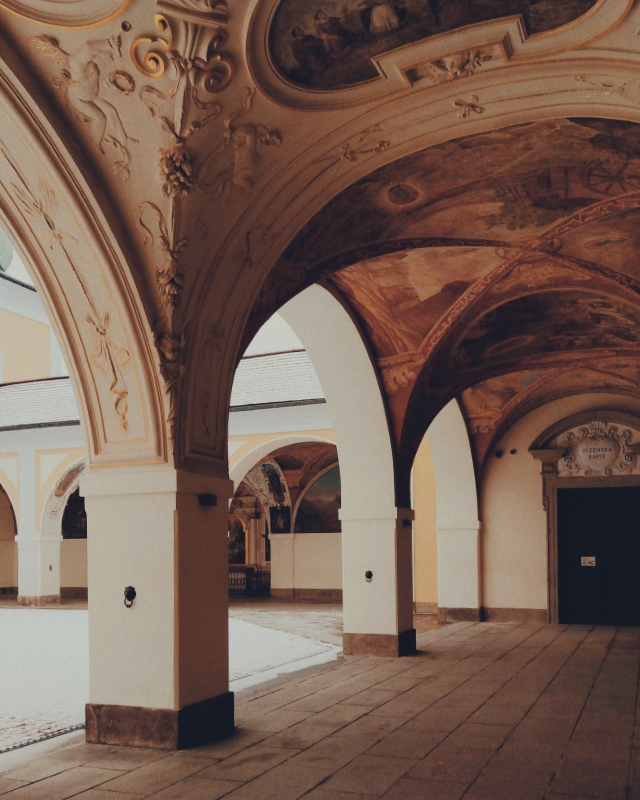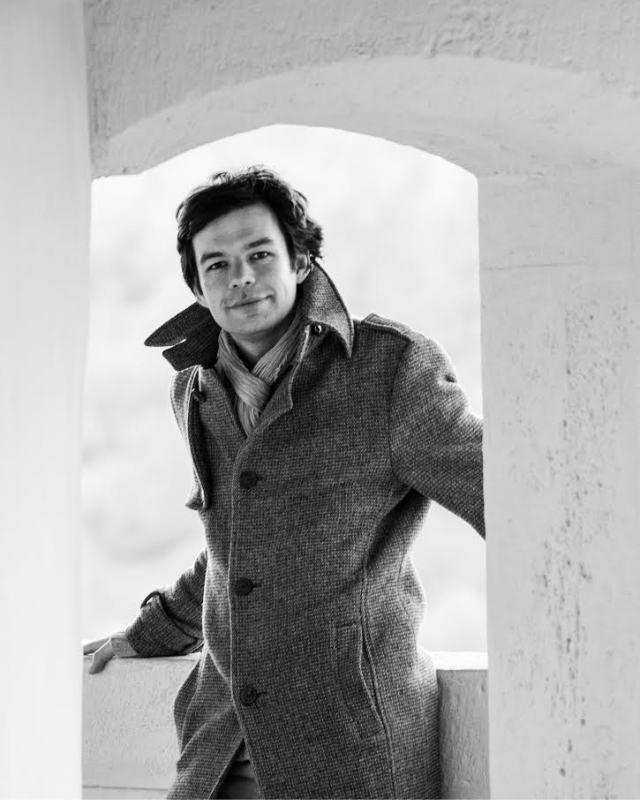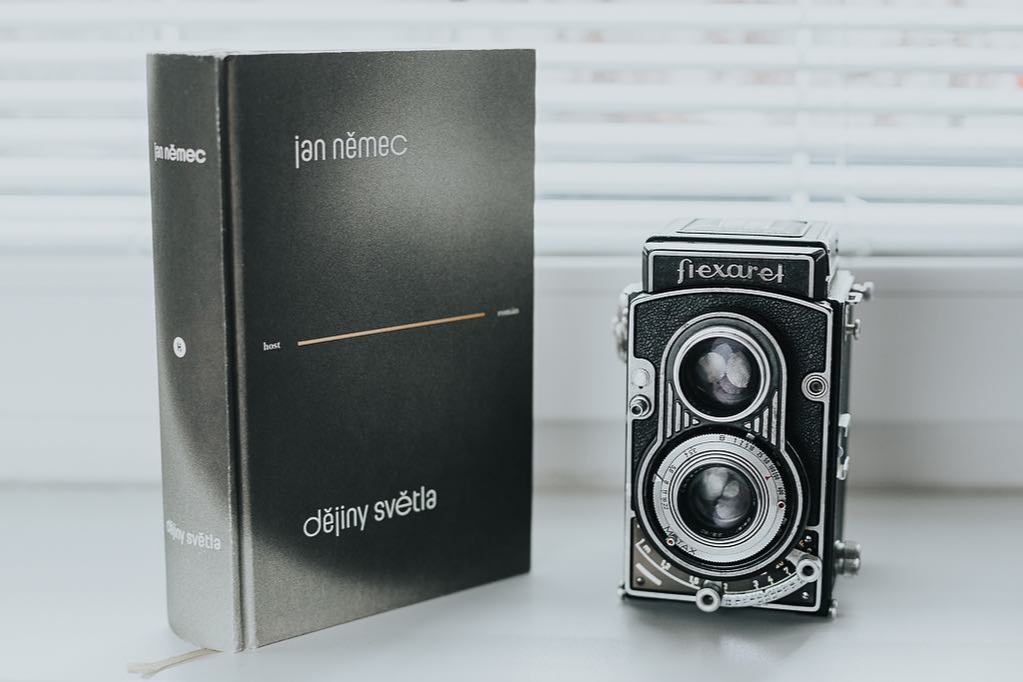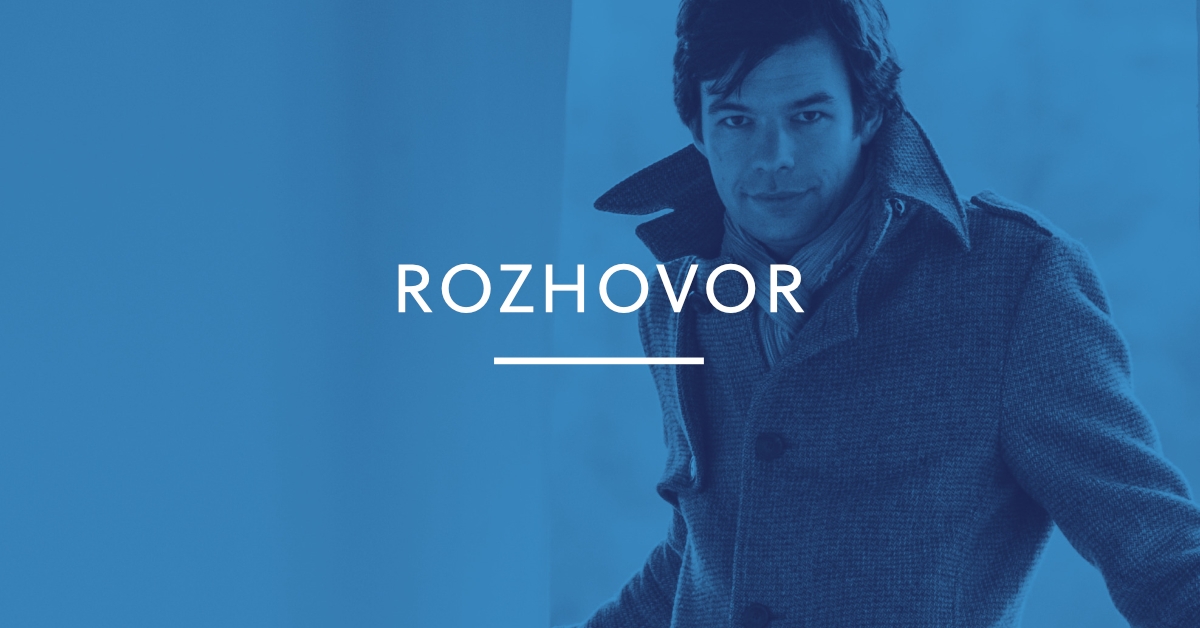|
Itis the story of a man who outgrew his hometown
How would you characterize Drtikol's relationship to Příbram?In his biography, he devoted only two sentences to the local creative period, writing that conditions were not favourable for him and his artistic aspirations in Příbram, so he left...
The relationship was complicated. Just as many other people's relationship to the city where they were born is complicated. And at the same time, it was crucial for him, because everything important happened in Příbram, which then directed him further. Whether it was the experience of being taught by Antonín Matas, or the fact that there was Svatá Hora, where he cultivated his religious sensibility. Although he did not live in Pribram anymore, he returned to Pribram to visit his parents for a long time during the First Republic.
What was complicated about that relationship?
The relationship to his hometown cannot be named, because it is completely different from other towns. It's a natural experience for you, you don't simply choose your hometown, like your parents or your circle of childhood experiences. František Drtikol was active in the Sokol, which the Church was fighting at the time, and he was on the side of the Sokol and on the side of the Czechs against the Habsburgs. Drtikol fought a lot, all his life he actually had a problem with institutions. So whether it was the church or the school. Then he tried to teach in Prague and it didn't go well either.
Maybe it all started in his childhood here in Pribram.
It's true, he cultivated and honed his aversion to the Church there and he remembered it a lot. It's simply the story of a man who outgrew his hometown. I think Drtikol then tended to emphasize that, as you suggest, and as is in that biography. But a lot of his basic experience is connected with Příbram, that's for sure. When I was writing History of Light, at a certain point I wasn't so much addressing Drtikol's relationship to Pribram, but rather Pribram's relationship to Drtikol. It didn't seem to me that the city was pushing him out...
... so when Drtikol in your novel wishes that at least a street in Příbram would be named after him, is that your wish?
I think it came to me when I was walking through Příbram.
How did Příbram strike you?
A little embarrassed. Half of the centre opens up so strangely into a housing estate, but the part of Pražská Street that rises to Svatá Hora is charming. I was obviously impressed with Svatá Hora and I quite understood why it could be such a significant place for Drtikol.
|















